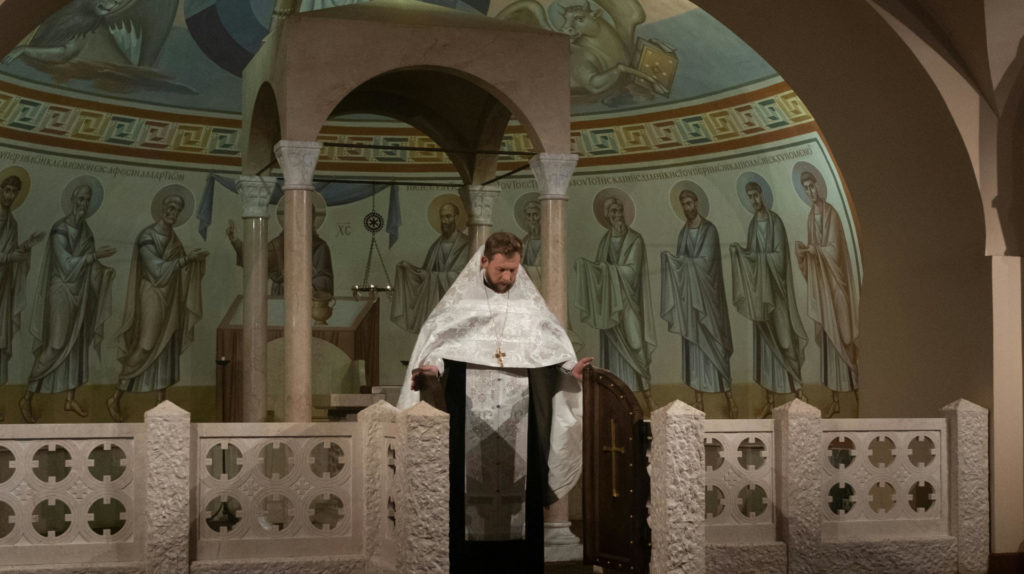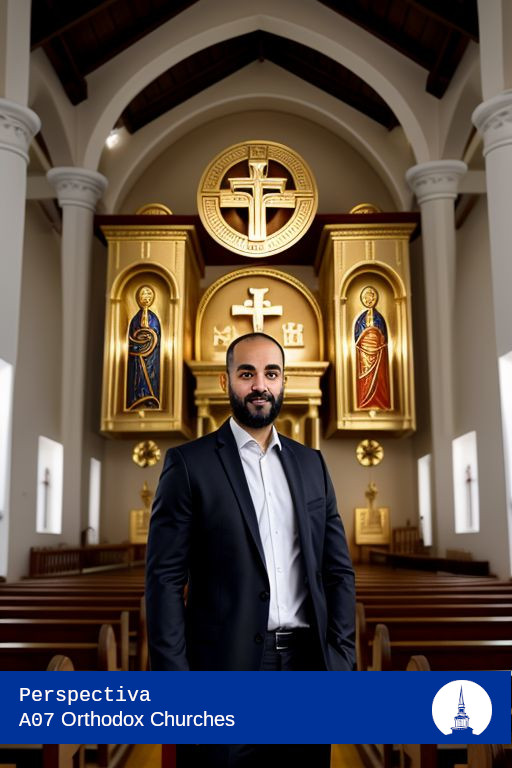Five Characteristics of the Eastern Orthodox Lifeway:
A07 Orthodox Churches
Eastern Christian churches maintain ancient traditions, liturgical worship, and the doctrine of apostolic succession.
The Eastern Orthodox Church, often referred to simply as the Orthodox Church, is one of the oldest and most significant branches of Christianity. It traces its origins to the early days of Christianity and played a pivotal role in the development of Christian theology, doctrine, and liturgical practices. The Eastern Orthodox Church is characterized by its rich and ancient traditions, hierarchical structure, and distinct theological perspectives.

Preserving Early Christianity
At the core of Eastern Orthodoxy is a strong commitment to preserving the teachings and practices of the early Christian Church, emphasizing continuity with the apostolic era. Orthodox Christians believe in the Holy Trinity—God the Father, God the Son (Jesus Christ), and God the Holy Spirit—as central to their faith. The Nicene Creed, formulated in the 4th century, serves as a foundational statement of their beliefs.
Symbolic Liturgy
The liturgical worship in the Eastern Orthodox Church is known for its beauty, reverence, and deep symbolism. The Divine Liturgy, the primary worship service, is celebrated with great solemnity and is rich in iconography, incense, chant, and sacramental rituals. Icons, religious paintings that depict Christ, the Virgin Mary, and various saints, hold a significant place in Orthodox spirituality and worship.
Self-Governing Structures
The church's hierarchical structure is another notable feature. It is organized into autocephalous (self-governing) churches, each headed by a patriarch, metropolitan, or archbishop. The Ecumenical Patriarch of Constantinople holds a special honor among these leaders, often referred to as the "first among equals." The Synod of Bishops and the Councils play essential roles in the governance and decision-making processes.
Experiencing Union with God
Eastern Orthodoxy places a strong emphasis on theosis, or divinization, which is the process of becoming one with God through the transformative power of grace. This concept underlines the Orthodox belief in the potential for human beings to attain union with God and experience His divine nature.
Veneration of Saints
The veneration of saints is a significant aspect of Orthodox spirituality. Saints are considered to be models of Christian virtue and intercessors between God and humanity. The feast days of saints are celebrated with great reverence and joy throughout the liturgical calendar.
Summary
Overall, the Eastern Orthodox Church is a rich and venerable Christian tradition with a deep historical and theological heritage. Its commitment to preserving ancient practices, theological depth, and emphasis on divine worship continues to influence the lives of millions of Orthodox Christians worldwide.
.

| TOP TEN BASIC TRADE AREAS | |
| 1 | New York, NY |
| 2 | Los Angeles, CA |
| 3 | Chicago, IL |
| 4 | Washington, DC |
| 5 | San Francisco-Oakland-San Jose, CA |
| 6 | Boston, MA |
| 7 | Detroit, MI |
| 8 | Philadelphia, PA-Wilmington, DE-Trenton, NJ |
| 9 | Tampa-St. Petersburg-Clearwater, FL |
| 10 | Dallas-Fort Worth, TX |
